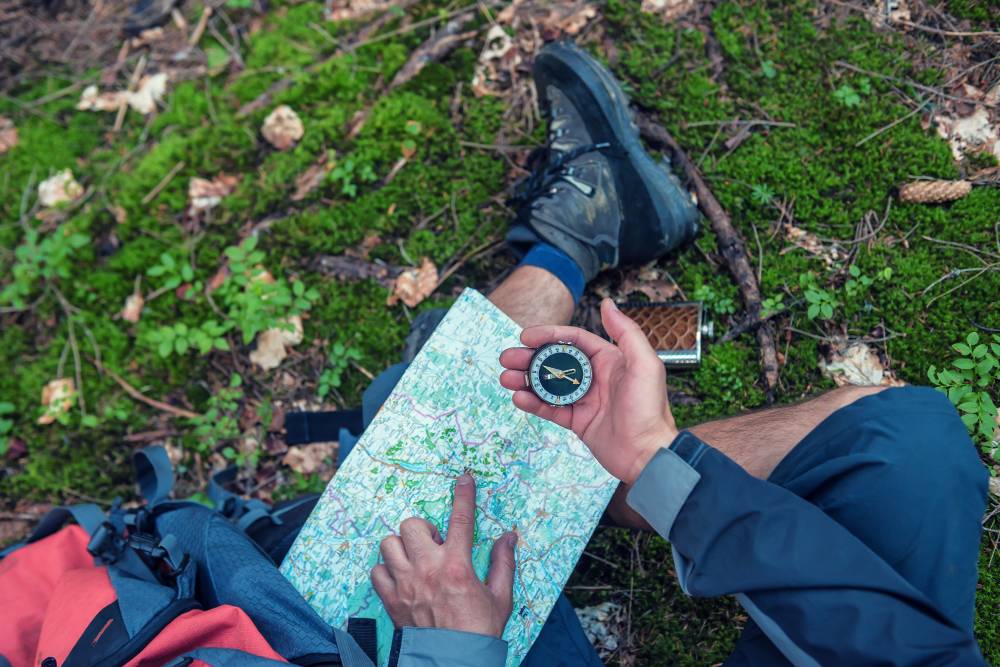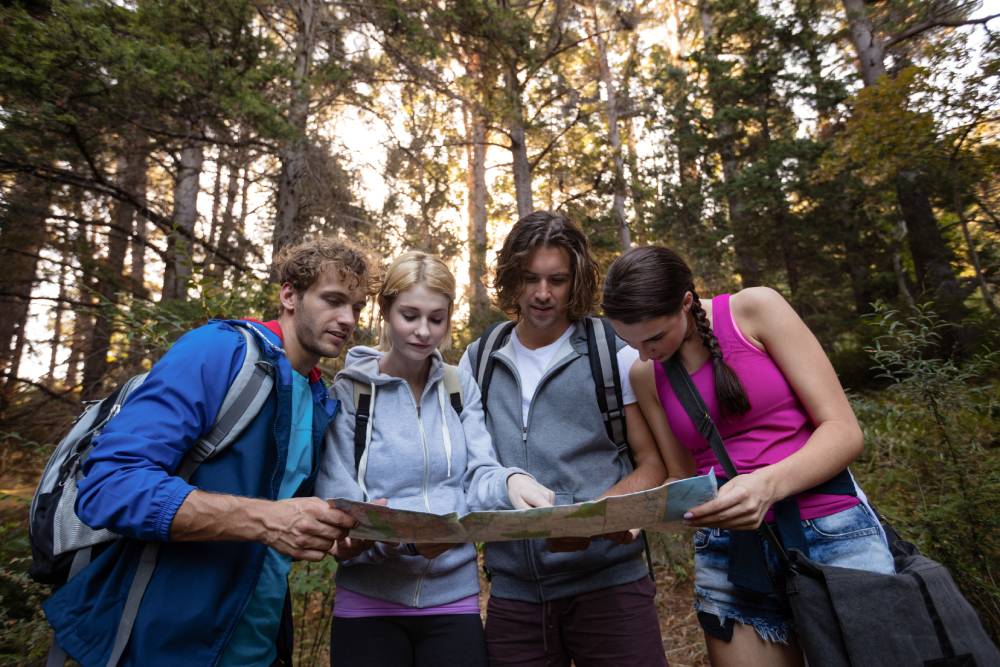
An Athletic Way to Safeguard Your Brain? The Navigational Sport Orienteering May Help
Orienteering is a popular Scandinavian sport that involves navigating across unfamiliar outdoor terrain using just a map and a compass. These timed events began as a competition for the Swedish military in the late 1800s. Now, new research finds that those who regularly partake in this pastime derive some brain benefits from the experience.
A new study published in the journal PLOS One examined the cognitive function of orienteering experts compared with those who have never been involved in the sport. The team found that those in the first group demonstrated better spatial navigation and memory than the second group, showing that the sport may be helpful in preventing some age-related cognitive decline.

Emma Waddington, the study’s lead author and grad student in the Department of Kinesiology at McMaster University, who is also a coach and member of the national Canadian orienteering team, says, “Orienteering is very much a sport for life. You can often see participants spanning the ages of 6 to 86 years old engaged in orienteering. My long-term involvement in this sport has allowed me to understand the process behind learning navigational skills and I have been inspired to research the uniqueness of orienteering and the scientific significance this sport may have on the aging population.”
To conduct the research, Waddington and her team gathered data from 158 adults between the ages of 18 and 87. The participants had different levels of experience with orienteering, ranging from none to elite. They had their spatial processing, spatial memory, and episodic memory tested through the Navigational Strategy Questionnaire and the Survey of Autobiographical Memory.

Through this, the researchers found that spatial processing and memory were better among those with orienteering expertise, compared to those with no experience. This was true despite age, sex, or physical activity level. However, episodic memory – or ability to recall past experiences – did not appear to be impacted by orienteering expertise.
The team says the findings suggest that the sport may help mitigate age-related cognitive decline in spatial navigation and memory.
Waddington says, “When it comes to brain training, the physical and cognitive demands of orienteering have the potential to give you more bang for your buck compared to exercising only.”
You don’t necessarily need to take part in the sport directly. The team notes that you can use a physical map when traveling, rather than a GPS. You could even try it on a new route for a walk, run, or bike ride.
